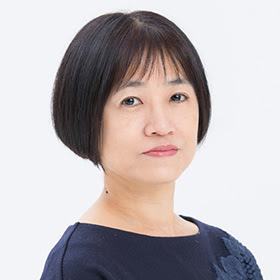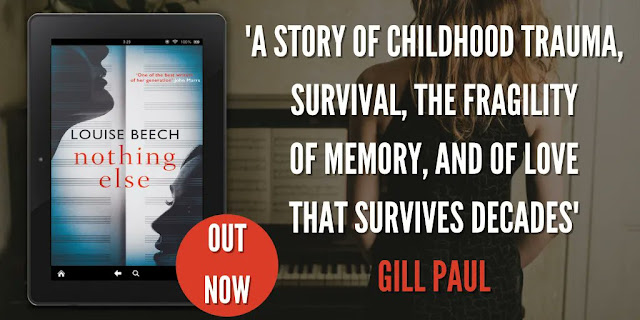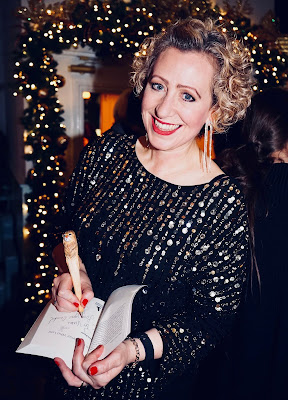Today is my stop on the tour for Fish Swimming in Dappled Sunlight by Riku Onda, the second of her books to be translated into English. Many thanks to Anne Cater for inviting me on the tour and to the publisher for my review copy.
The Blurb
Set in Tokyo over the course of one night, Aki and Hiro have decided to be together one last time in their shared flat before parting. Their relationship has broken down after a mountain trek during which their guide died inexplicably. Now each believes the other to be a murderer and is determined to extract a confession before the night is over. Who is the murderer and what really happened on the mountain? In the battle of wills between them, the chain of events leading up to this night are gradually revealed in a gripping psychological thriller that keeps the reader in suspense to the very end.
My Review
This is my first book by Riku Ondu although she has had a previous book,The Aosawa Murders, translated into English. So I went into it not knowing what to expect. The gorgeous title might lead you to believe it would be a lovely, bright story but it is billed as a psychological thriller. Curiouser and curiouser.
Aki and Hiro's relationship has broken down over the last year following a traumatic event. On a holiday mountain trek their guide died mysteriously and each believes that the other was responsible for his death. Now, on the last night in their shared apartment, each is determined to get the truth from the other about what actually happened on that fateful day.
As a Westerner, one of the joys was getting a peak into a culture I know very little about. Neither Aki nor Hiro behave how I imagine I might behave in a final night before parting ways with someone, particularly someone I had a deep suspicion about. Maybe it's a cultural thing, maybe it's down to the personalities involved. The furniture is all gone, The apartment is pretty empty, Hiro is moving elsewhere and Aki is heading off on a trip with a friend. But they sit down together, using Aki's case as a makeshift table and share a final meal together and embark on this difficult conversation.
It took time for me to get into this. The story is told in the first person, but swaps between the two characters. There are no chapter headings so we must work out whose part in the story we are reading. It's claustrophobic as almost the whole book is set within the apartment and features only these two characters. But as the night wears on we see snippets of their childhoods and the memories that each has of the day that has brought them to this point.
These are two people who know each other very well. How the other behaves, their likes and dislikes and there is a real depth of feeling between them. Everything is remarkably civilised. I loved that we see all the mundane details - what the apartment is like, what they eat and drink, the smells, and the noises from the outside world. But the conversation itself brings the shocks, and there are plenty.
This is such a hard book to review without giving spoilers. It's a relatively slight book coming in at just over 200 pages and as a result, a quick read. But there is much to unpack. Fish Swimming in Dappled Sunlight is a psychological thriller but it's kind of disguised as something else. We're reading a conversation between two people, the breakdown of a relationship, the ending of something. I'm not sure I've read another book like it. I liked the juxtaposition of the mundane with the exciting and shocking, it made for a really interesting read.
Just as a footnote, it's lovely to see a bio for the translator. I am reading more and more translated fiction and it's only down to the excellent work of talented translators that I'm able to do that. I'm incredibly grateful.
The Author
The Translator
Alison Watts is an Australian born Japanese to English translator and long time resident of Japan. She has translated The Aosawa Murders, Aya Goda's TAO: On the Road and On the Run In Outlaw China and Sweet Bean Paste by Durian Sukegawa.












